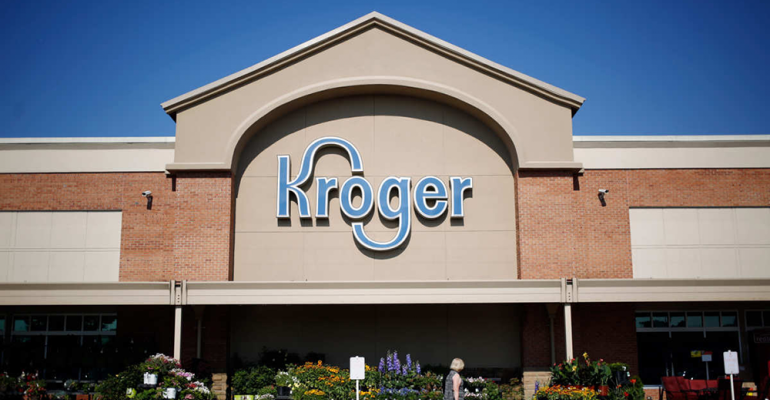The high price of eggs over the last few months has hit customers particularly hard, but a new report unveils Kroger shoppers are unsure of what they are really paying for.
Back in 2016, the grocery giant made the announcement that it would only be offering cage-free eggs by 2025, and in 2020 Kroger said it was on track to meet the claim. However, consumer demand for affordable eggs and slow industry progress over the last year has Kroger backtracking on comments. The grocer now plans on having 70% of its eggs coming from cage-free environments by 2030.
The back and forth has the heads of customers spinning. According to Cracking Down on Kroger, a report put together by Data for Progress, Kroger shoppers believe eggs marked as “Farm Fresh” come from cage-free hens. When asked if Kroger should post signs informing that certain eggs were produced by caged hens, 53% said yes. That number increases to 66% among Latinos and 65% among those under the age of 45.
The consumer confusion has led the attorney general in the state of Michigan to pen a letter to Kroger asking the grocer to clarify the messaging. Jason Evans, division chief of Attorney General Dana Nessel’s Corporate Oversight Division, wrote to Kroger CEO Rodney McMullen asking for clear signage in stores to help consumers determine which eggs come from caged chickens. Kroger has not responded to Supermarket News about the letter, but it did release the following statement:
“The Kroger Company of Michigan complies with all current state regulations regarding the sale of egg products. All Kroger Family of Companies egg products are clearly marked and labeled for customers to readily decipher among our product selection.”
The news comes in the wake of Kroger being named among America’s most trustworthy companies by Newsweek.
In the letter to McMullen, Nessel said grocery shoppers throughout the state should be able to decipher and trust the advertising in whichever grocery they shop, and that grocers must be transparent and honest in their in-store marketing. He told McMullen it was troubling to read reports saying that is not what all customers are experiencing.
The Cracking Down report also revealed around half of Kroger customers were not sure if Farm Fresh eggs (45% did not know) and Grade A eggs (54% did not know) were from cage-free suppliers. Furthermore, 41% of shoppers believe eggs marked Farm Fresh are cage free.
Latinos also were strong in their response to the question of trust relating to Kroger’s decision to retreat on its cage-free commitment. Fifty-two percent said they would lose trust in the grocer. In total, 42% of Kroger shoppers said they would lose trust.
With that in mind, 54% of those under the age of 45 would be more than likely to shop at a different store, while 51% of African-Americans and 50% of Latinos would consider changing their loyalty. However, 53% of all Kroger loyalists would not consider switching markets if Kroger did not follow through on its cage-free crusade.





